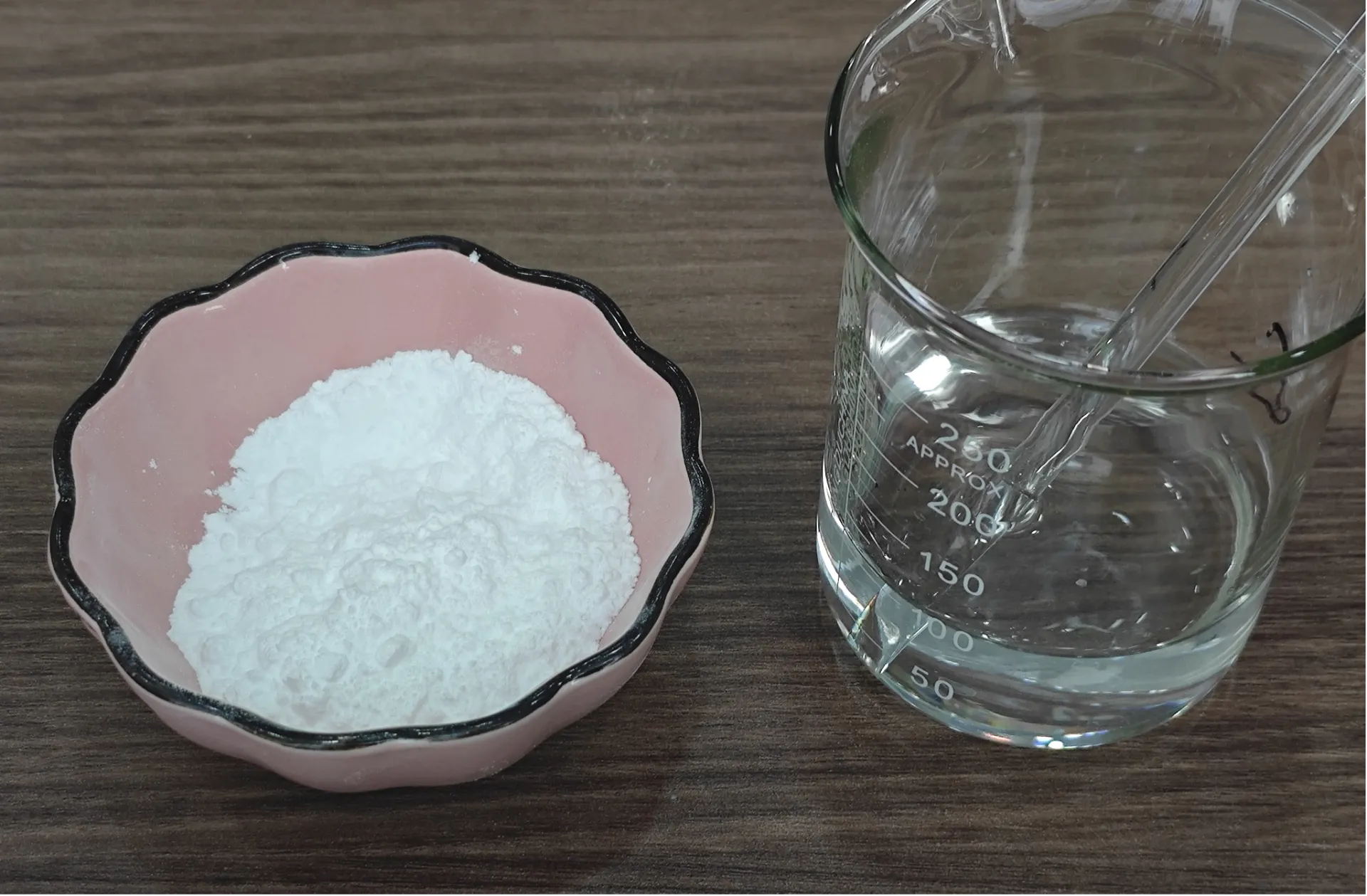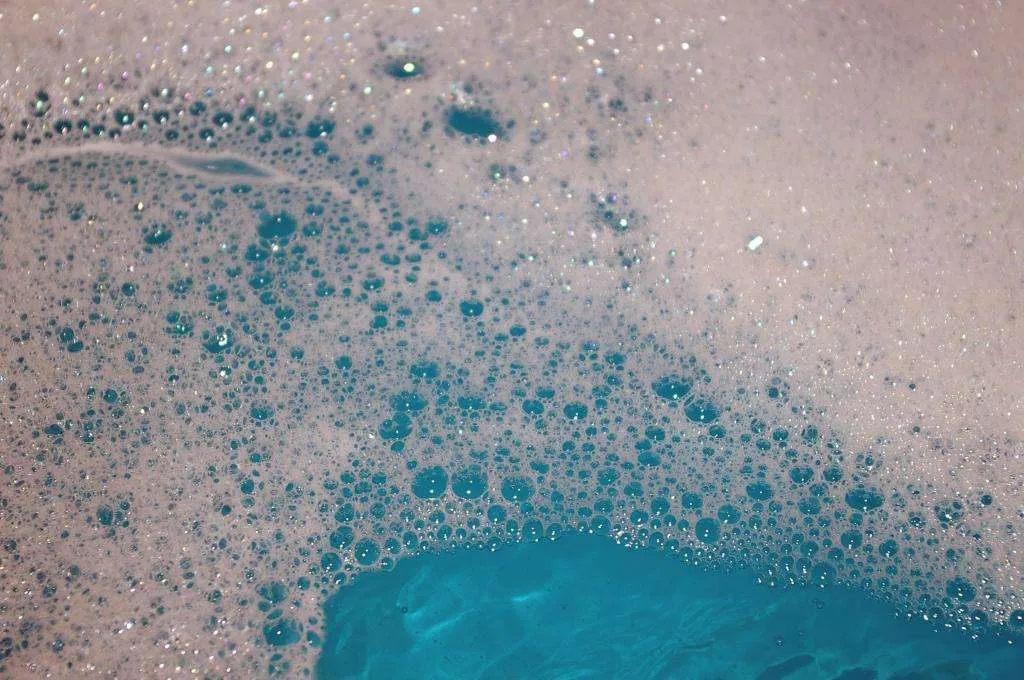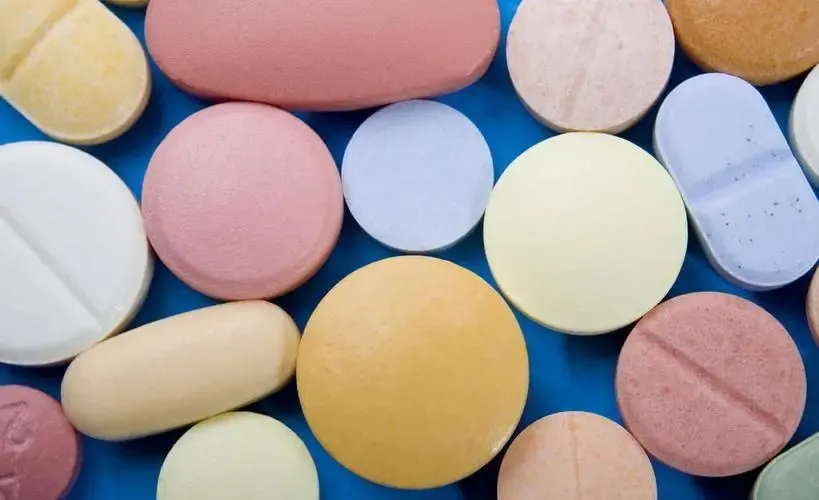
The Science Behind Anti-Foaming Agents: How Do They Work?
Foam can create major challenges across multiple industries, from pharmaceutical manufacturing to industrial coolants. Understanding how anti foaming agents function is crucial for ensuring efficient operations. This article explores the chemical mechanisms behind these agents and highlights different types of antifoaming agents used in various applications.

Understanding the Function of Anti Foaming Agent for Coolant Systems
In coolant systems, foam can interfere with heat transfer and lead to equipment inefficiencies. An anti foaming agent for coolantis essential for preventing this. These agents work by breaking the surface tension of bubbles, allowing them to collapse. This ensures smooth flow of the coolant and optimal temperature regulation.
Coolant systems, especially in automotive and industrial applications, rely heavily on anti foaming chemicals to maintain the integrity of the system. Without these agents, the foam can build up, leading to overheating and potential damage to machinery. These chemicals are specifically designed to prevent foam formation and sustain coolant performance.
Types of Antifoaming Agents for Different Industries
There are various types of antifoaming agents tailored to specific needs across industries. Some common categories include silicone-based, oil-based, and water-based agents. Each type has distinct properties that make it more effective in certain environments. For example, silicone-based anti foaming chemicals are commonly used in coolant systems due to their stability under high temperatures.
Pharmaceutical industries also require specialized anti foaming agent pharmaceutical products. These are carefully formulated to ensure that foam does not interfere with drug production while maintaining safety standards for human use. Non-silicone-based agents are often preferred in this industry due to their biocompatibility.

How Anti Foaming Chemicals Suppress Foam Formation
The core mechanism of anti foaming chemicals involves reducing the surface tension of the liquid, making it difficult for foam to form. When bubbles start to emerge, the agent spreads across the liquid's surface, weakening the bubble walls and causing them to burst.
For industrial processes that rely on coolants, anti foaming agent for coolant applications require the agent to not only suppress foam but also resist breaking down under high temperatures and pressures. This ensures the long-term efficiency of the system, minimizing downtime and the risk of equipment failure.
Comprehensive Antifoaming Agents List for Specialized Applications
A diverse antifoaming agents list is available for a wide range of applications. From water treatment plants to food processing, the selection of the right agent is essential for maintaining production efficiency. Silicone-based agents dominate industries such as oil refining and wastewater treatment, while anti foaming agent pharmaceutical solutions are usually non-silicone to comply with health regulations.
The choice of an anti foaming agent depends on factors such as chemical compatibility, temperature resistance, and safety concerns. Ensuring that the right product is used is crucial for effective foam suppression without compromising the quality of the final product.

The Importance of Anti Foaming Agent in the Pharmaceutical Industry
In the pharmaceutical industry, foam can cause significant problems during drug formulation and production. Foam can interfere with the mixing of ingredients, leading to inconsistent dosage or contamination. Using an appropriate anti foaming agent pharmaceutical helps in maintaining the quality and consistency of pharmaceutical products.
These agents must meet stringent regulatory standards to ensure they are safe for human consumption. As a result, types of antifoaming agents used in this industry are typically non-toxic and designed to integrate seamlessly into the production process without altering the chemical properties of the drugs.
Anti foaming agents play a critical role in industries ranging from coolant systems to pharmaceuticals. Understanding the chemical mechanisms behind these agents allows industries to select the most effective types of antifoaming agents for their specific applications. Whether it’s an anti foaming agent for coolant or an anti foaming agent pharmaceutical, selecting the right product can ensure operational efficiency and product safety, minimizing the risks posed by foam formation.
-
Hydroxypropyl Starch as a Sustainable Construction AdditiveNewsNov.24,2025
-
The Gelation Properties of CMCNewsNov.21,2025
-
Redispersible Latex Powder and Water Retention CapacityNewsNov.21,2025
-
Dosage Control for Polycarboxylate Water ReducerNewsNov.21,2025
-
Film-Forming Properties of Polyvinyl AlcoholNewsNov.21,2025
-
The Function of Gypsum Additives in MortarNewsNov.21,2025





















